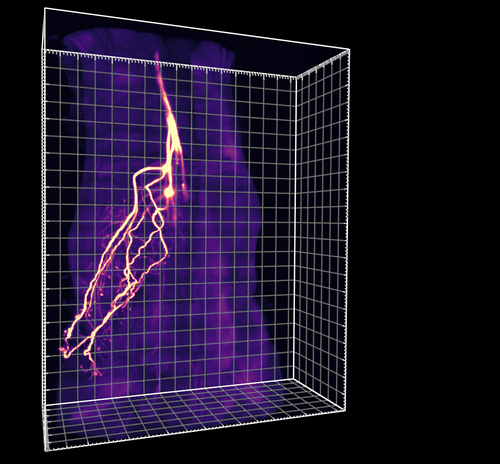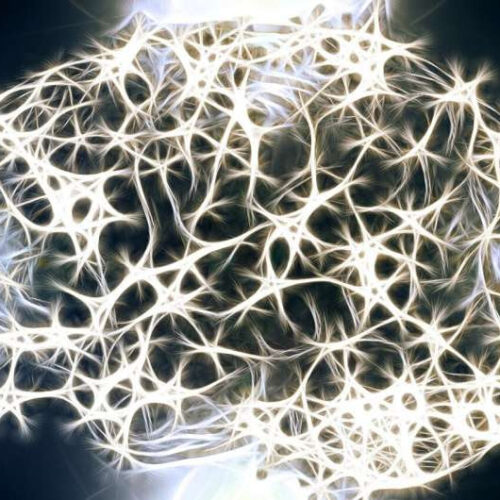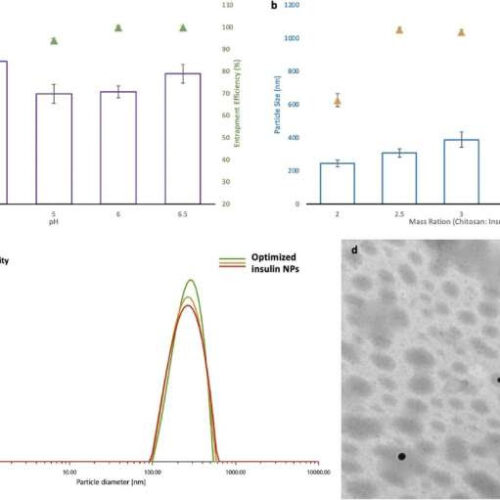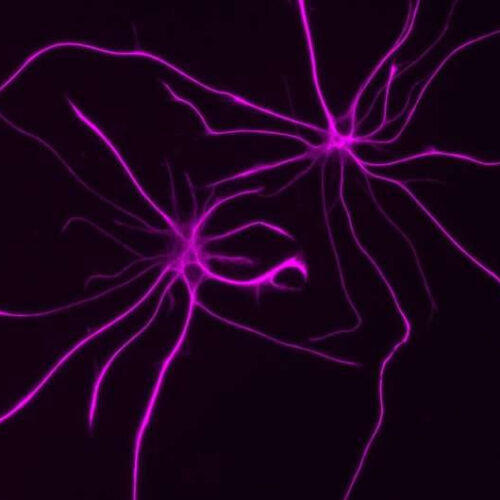There are a lot of reasons why students seek help from qualified freelance writers and buy research papers . The most common ones are the following: lack of instructional knowledge and abilities; lack
Microneedling improves appearance of surgical scars – especially if performed early
WOLTERS KLUWER HEALTH August 31, 2022 – Performed early after surgery, a procedure called microneedling can improve the final appearance of surgical scars – with best results if done within six to seven weeks, reports a study in the September issue of Plastic and Reconstructive Surgery®, the official medical journal of the American Society of Plastic Surgeons (ASPS). The journal is...
With ‘batwing’ mastopexy, more women can undergo nipple-sparing mastectomy
WOLTERS KLUWER HEALTH August 31, 2022 – Nipple-sparing techniques can provide better outcomes for women undergoing breast reconstruction after mastectomy – but due to complication risks, these approaches are often not offered to women with sagging or larger breasts. For this group of patients, a ‘batwing’ incision may provide a safer option to nipple-sparing mastectomy (NSM), reports a...
Sex differences and AFib: New study flips conventional wisdom
CEDARS-SINAI MEDICAL CENTER Science has long shown that men are at greater risk for developing atrial fibrillation (AFib) than women; but it has never been fully understood why women would be protected from developing the condition. New research from the Smidt Heart Institute at Cedars-Sinai challenges this conventional wisdom by demonstrating that women—when height is accounted for—have...
Scripps Research scientists eavesdrop on communication between fat and brain
SCRIPPS RESEARCH INSTITUTE IMAGE: SCRIPPS RESEARCH SCIENTISTS DISCOVERED NEW SENSORY NEURONS, LIKE THE ONE SHOWN HERE IN FLUORESCENCE, THAT BEGIN NEAR THE SPINE AND BRANCH OFF INTO FAT TISSUE. CREDIT: SCRIPPS RESEARCH LA JOLLA, CA—What did the fat say to the brain? For years, it was assumed that hormones passively floating through the blood were...
Stressed mitochondria help cells survive respiratory infections
ECOLE POLYTECHNIQUE FÉDÉRALE DE LAUSANNE Many respiratory infections, such as influenza or COVID-19 add significant stress to cells and organs, which can lead to acute respiratory distress syndrome (ARDS), which itself can eventually cause death in aged or sensitive individuals. “Novel therapeutic strategies to address ARDS, instead of fighting the infectious agent, could try to...
FDA clears updated COVID-19 boosters from Pfizer, Moderna
Delilah Alvarado Associate Editor The exterior of the Food And Drug Administration headquarters is seen on July 20, 2020, in White Oak, Maryland. Sarah Silbiger via Getty Images The Food and Drug Administration has authorized updated COVID-19 booster vaccines for emergency use, hoping the reformulated shots from partners Pfizer and BioNTech and Moderna can curb an...
Brain’s support cells may hold key to new Huntington’s treatments
by University of Rochester Medical Center Credit: Pixabay/CC0 Public Domain Huntington’s disease—a hereditary and fatal genetic disorder—has long been considered a neuronal disease due to the permanent loss of medium spiny motor neurons, the death of which over time is responsible for the clinical hallmarks of the disease: involuntary movements, problems with coordination, cognitive decline,...
Breakthrough results in developing an oral insulin tablet
by University of British Columbia Optimization of parameters for insulin NPs: (a) Effect of the pH on the average diameter and the encapsulation efficiency (EE) of the insulin NPs (prepared under the mass ratio of chitosan and insulin at 5:1); (b) Effect of the mass ratio between chitosan and insulin the average diameter and the...
Beyond neurons: How cells called astrocytes contribute to brain disorders
by Salk Institute Salk researchers studied the molecules produced by astrocytes, like those pictured, to understand how the cells play a role in neurodevelopmental disorders. Credit: Salk Institute Neurons often get most of the credit for keeping our brains sharp and functioning—as well as most of the blame when it comes to brain diseases. But...





